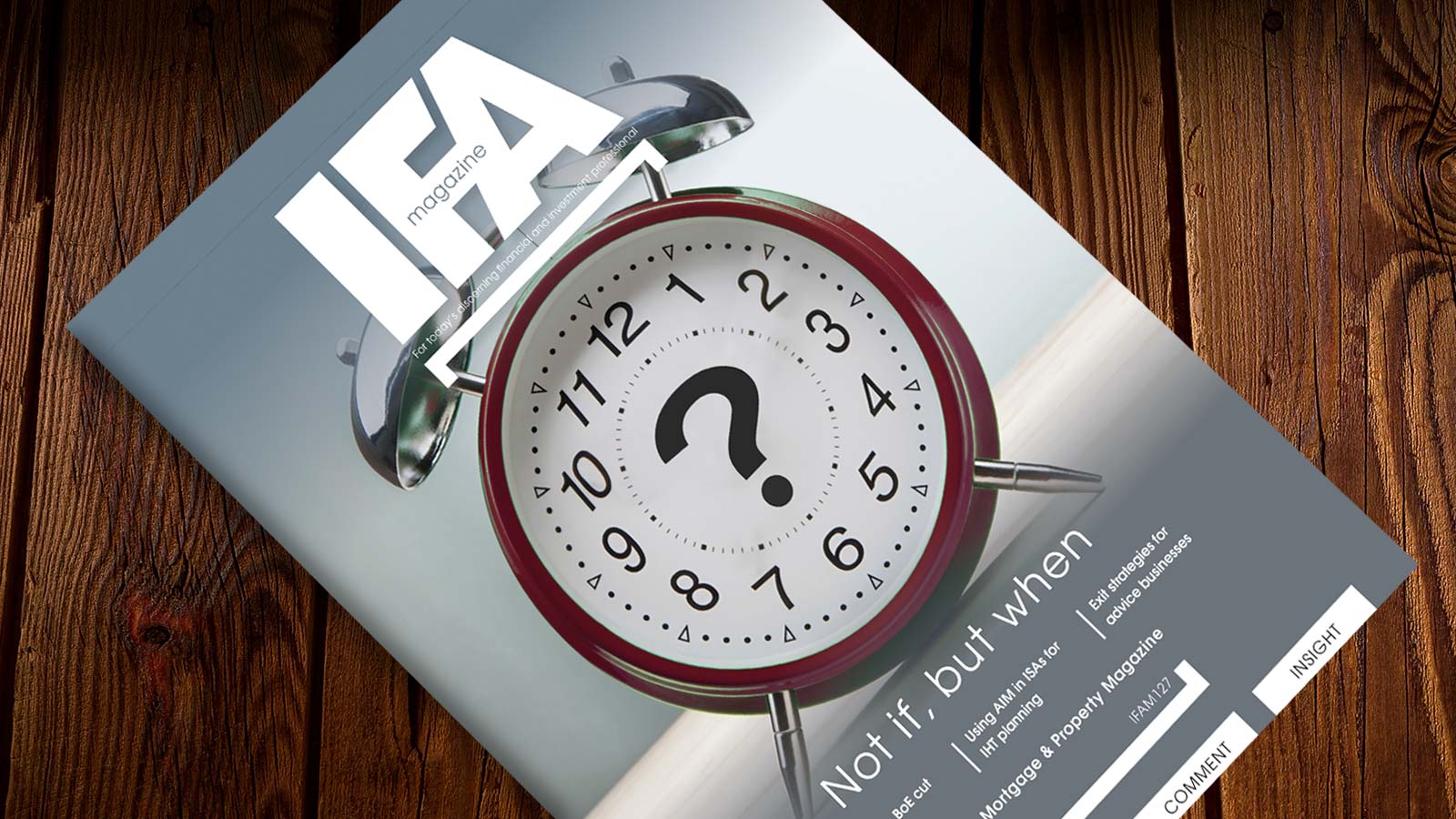Last night, Chancellor Rishi Sunak confirmed to the Treasury Select Committee that the state pension triple lock will operate in its usual way next year.
Following on from this, Steven Cameron, Pensions Director at Aegon, comments:
“The Chancellor has given state pensioners further assurances that next April, they’ll benefit from the full state pension triple lock. The Work and Pensions Secretary had already made a similar commitment, but pensioners will be relieved to hear this repeated by the Chancellor who ultimately holds the purse strings.
“Last night Rishi Sunak confirmed to the Treasury Select Committee that next year, the state pension triple lock will operate in its usual way next year. Controversially, the increase they will receive from 6 April this year is based on a scaled back formula excluding earnings growth which had been distorted by the pandemic and furlough. This means pensioners will receive 3.1% next month at a time when price inflation is double that at 6.2%, adding to their cost of living squeeze.
“In April 2023, the increase will be the highest of earnings growth, price inflation or 2.5%. The inflation figure used will be that for the year to September 2022. It’s widely expected that inflation will continue to rise this year, peaking in the Autumn at potentially over 8%. This could well provide state pensioners with their biggest increase ever, and will allow them to catch up for this year’s relatively low increase, albeit after waiting a year.
“State pensions are financed on a ‘pay as you go’ basis with today’s workers paying for today’s state pensions through National Insurance contributions. In last week’s Spring Statement, the Chancellor announced the lower threshold of earnings on which employees pay National Insurance will rise in July by a huge £3,000 to £12,570, a welcome help for workers facing the cost of living squeeze. But it will also mean lower NI receipts, so less money available to pay state pensions. While we now have confirmation the triple lock will be reinstated next year, it’s still to be seen if the commitment will survive in future years, particularly if earnings and price inflation remain volatile and unpredictable.”

















